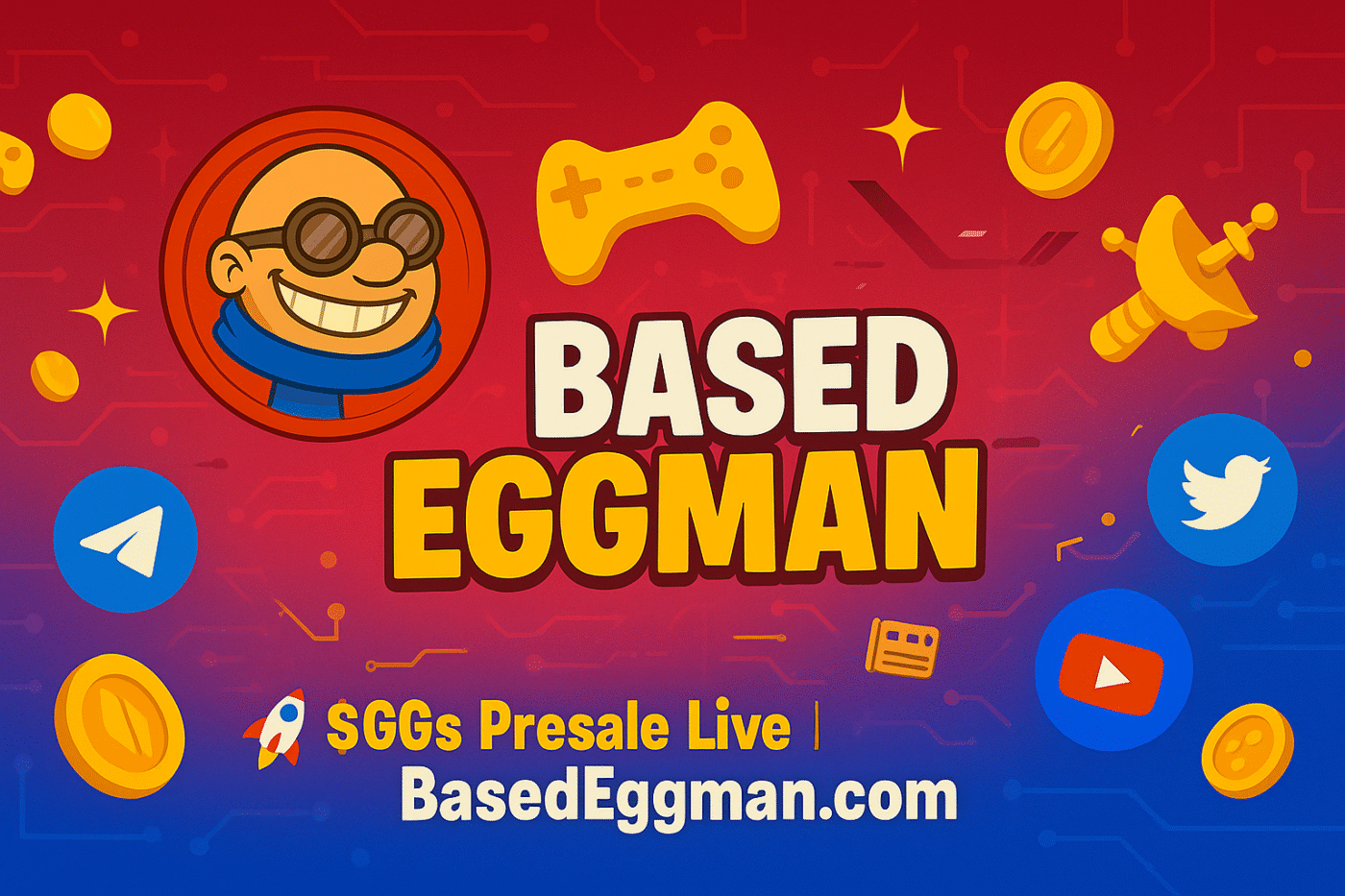Pioneering Quant Deposit Tokenization: A Transformative Leap for UK Finance
BitcoinWorld
Pioneering Quant Deposit Tokenization: A Transformative Leap for UK Finance
Imagine a future where money moves instantly, securely, and with unprecedented flexibility. That future is getting closer, thanks to a groundbreaking initiative in the United Kingdom. Quant (QNT) has just announced its selection as a key partner for a significant Quant deposit tokenization project in the UK. This is not just a technological upgrade; it’s a transformative step towards the next generation of digital finance.
Understanding the UK’s Vision for Deposit Tokenization
This ambitious project is spearheaded by UK Finance, a leading trade association, in collaboration with a powerful consortium of major commercial banks. Their goal is clear: to explore and implement deposit tokenization. But what exactly does this mean?
In simple terms, deposit tokenization involves creating a digital representation of traditional bank deposits on a blockchain or distributed ledger technology (DLT). Think of it as your bank balance, but made ‘smart’ and programmable. This digital form of money can then be used for transactions with enhanced efficiency and transparency.
The potential benefits are enormous, including:
- Faster Settlements: Transactions could settle in real-time, reducing delays and operational costs.
- Increased Efficiency: Automating processes currently handled manually.
- Enhanced Security: Leveraging the cryptographic security of DLT.
- New Financial Products: Enabling innovative services built on programmable money.
Quant’s Pivotal Role in Quant Deposit Tokenization
Quant’s involvement is particularly significant. The company will be providing the core programmable infrastructure necessary for these tokenized deposit transactions. Quant’s Overledger technology is renowned for its ability to connect diverse blockchain networks and traditional systems, acting as a universal translator for digital assets.
This means Quant’s platform will ensure that the tokenized deposits can interact seamlessly across different financial institutions and DLTs. Their expertise in enterprise-grade blockchain interoperability makes them an ideal choice for such a critical national project. The selection underscores Quant’s proven capabilities in bridging the gap between existing financial infrastructure and the innovations of Web3.
Unlocking the Future: Benefits and Potential of Tokenized Deposits
The implications of successful Quant deposit tokenization extend far beyond just faster payments. This initiative has the potential to fundamentally reshape the financial landscape, offering a glimpse into a more connected and efficient global economy. Businesses could experience unprecedented speed in cross-border payments, while consumers might benefit from innovative financial services.
Moreover, programmable money allows for the creation of ‘smart contracts’ that automatically execute based on predefined conditions. This could revolutionize areas like supply chain finance, insurance claims, and even automated payroll systems. The UK’s commitment to exploring this technology places it at the forefront of digital financial innovation.
What Challenges Might Quant Deposit Tokenization Face?
While the prospects are exciting, implementing such a large-scale project is not without its hurdles. Key challenges typically include:
- Regulatory Clarity: Establishing clear legal and regulatory frameworks for tokenized deposits.
- Interoperability: Ensuring seamless interaction between various systems and platforms. Quant’s Overledger directly addresses this, but broader ecosystem integration remains a task.
- Industry Adoption: Gaining widespread acceptance and integration across all participating financial institutions.
- Security Standards: Maintaining the highest levels of cybersecurity against evolving threats.
However, the involvement of UK Finance and a consortium of major banks suggests a collaborative approach to addressing these challenges, paving the way for a robust and secure future for Quant deposit tokenization.
In conclusion, Quant’s participation in the UK’s deposit tokenization project marks a significant milestone. It highlights the growing recognition of DLT’s potential to modernize traditional finance and positions Quant at the heart of this evolution. As this project unfolds, it promises to deliver a more efficient, secure, and innovative financial ecosystem for the United Kingdom and potentially inspire similar initiatives worldwide.
Frequently Asked Questions (FAQs) About Quant Deposit Tokenization
Q1: What is deposit tokenization?
Deposit tokenization is the process of creating a digital, programmable representation of traditional bank deposits on a distributed ledger technology (DLT) network. It makes money held in commercial bank accounts usable in a blockchain environment.
Q2: Why is Quant involved in this project?
Quant was selected due to its expertise in providing secure and interoperable programmable infrastructure. Their Overledger technology can connect various DLTs and traditional systems, which is crucial for a complex project like UK deposit tokenization.
Q3: What are the main benefits of tokenized deposits?
Key benefits include faster transaction settlements, increased operational efficiency, enhanced security through cryptography, and the ability to create innovative financial products and services using programmable money.
Q4: Who is leading this deposit tokenization project in the UK?
The project is being led by UK Finance, a prominent trade association representing the UK’s finance and banking industry, in collaboration with a consortium of major commercial banks.
Q5: How will this impact everyday banking?
Initially, the impact might be more significant for interbank transactions and large-scale financial operations. Over time, however, it could lead to more efficient payment systems, innovative banking products, and potentially faster, cheaper services for everyday consumers and businesses.
We hope this article has shed some light on the exciting developments in the world of digital finance. If you found this information valuable, please consider sharing it with your network! Your support helps us bring more insightful content to the crypto community.
To learn more about the latest crypto market trends, explore our article on key developments shaping blockchain technology institutional adoption.
This post Pioneering Quant Deposit Tokenization: A Transformative Leap for UK Finance first appeared on BitcoinWorld.
You May Also Like

How to earn from cloud mining: IeByte’s upgraded auto-cloud mining platform unlocks genuine passive earnings

Crypto Analyst Highlights Crucial Support for Sei Token as SEI Price Attempts Stability
